Spotlight
A selection of resources from across the Federation

HIV Theory of Change
Our HIV Theory of Change is to clarify the goals and vision of IPPF’s HIV programme and to articulate the different pathways and strategies IPPF uses to contribute towards its HIV goals and vision.
Filter our resources by:

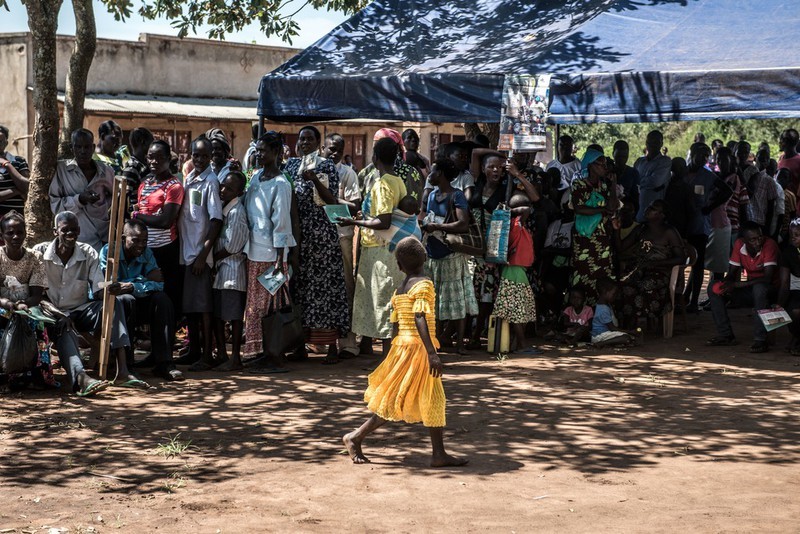
| 09 October 2018
Quiz: What do you know about girls?
What do you know about girls?11 October marks International Day of the Girl Child, a time to recognize girls’ rights and the unique challenges they face around the world. Find out what you do and don’t know about these issues in our quiz. Warning: may contain information some find upsetting.How many girls below the age of 18 are there in the world?How many girls are at risk of female genital mutilation (FGM) each year?Annually, how many girls around the world aged 10-19 are subject to unsafe abortions?Of all sexual assaults globally, how many are committed against girls aged 16 or younger?How many girls worldwide are child brides, i.e. married before the age of 18?Good try! If you learned something new today, scroll down to share this with friends :point_down:Great work! If you learned something new today, scroll down to share this with friends :point_down:
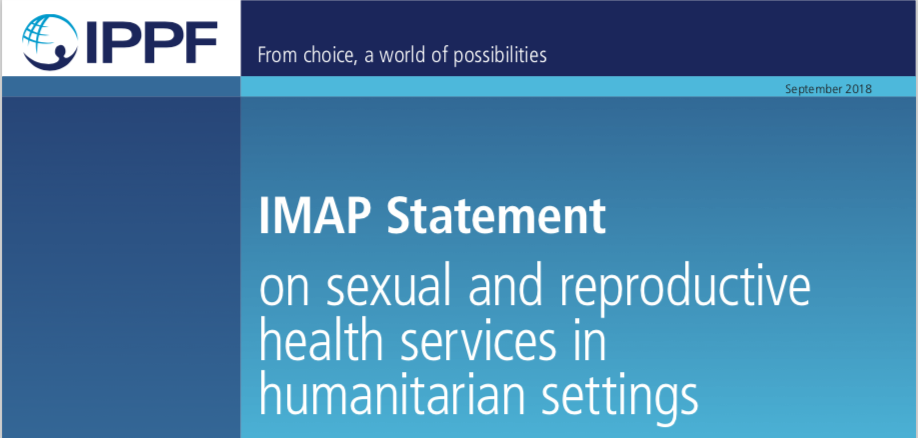
| 17 September 2018
IMAP statement on sexual and reproductive health in Humanitarian settings
Today, unprecedented numbers of people are living in a state of crisis or emergency. In 2018, it is estimated that 135.7 million people are in need of humanitarian assistance, with conflict and natural disasters predicted to be the biggest drivers. Of those in need, approximately one-quarter is estimated to be women and girls of reproductive age (aged 15–49) and approximately 5 million will be pregnant. Globally, 60% of preventable maternal deaths take place in settings of conflict, fragility, displacement and natural disasters.
| 19 June 2018
Humanitarian Strategy
IPPF’s Strategic Framework (SF) 2016-2022 commits the organisation to lead a locally-owned globally connected movement that provides and enables services, and champions sexual and reproductive health and rights (SRHR) for all. Increasing numbers of people face crises or live in chronically insecure settings. In recent years we have scaled up the number of sexual and reproductive health services and information provided to people in emergencies from 1.3m in 2013 to 3.2m in 2016, but we can do much more. The goal of this strategy is to improve access to life-saving SRHR for crisis-affected people in all their diversity. As the situation normalises after a crisis, we aim to leave behind stronger MAs sustaining quality services to diverse populations. IPPF’s model for SRHR in crisis connects the key elements of humanitarian action (prevention and preparedness, response, recovery and resilience) with long-term, equitable development.
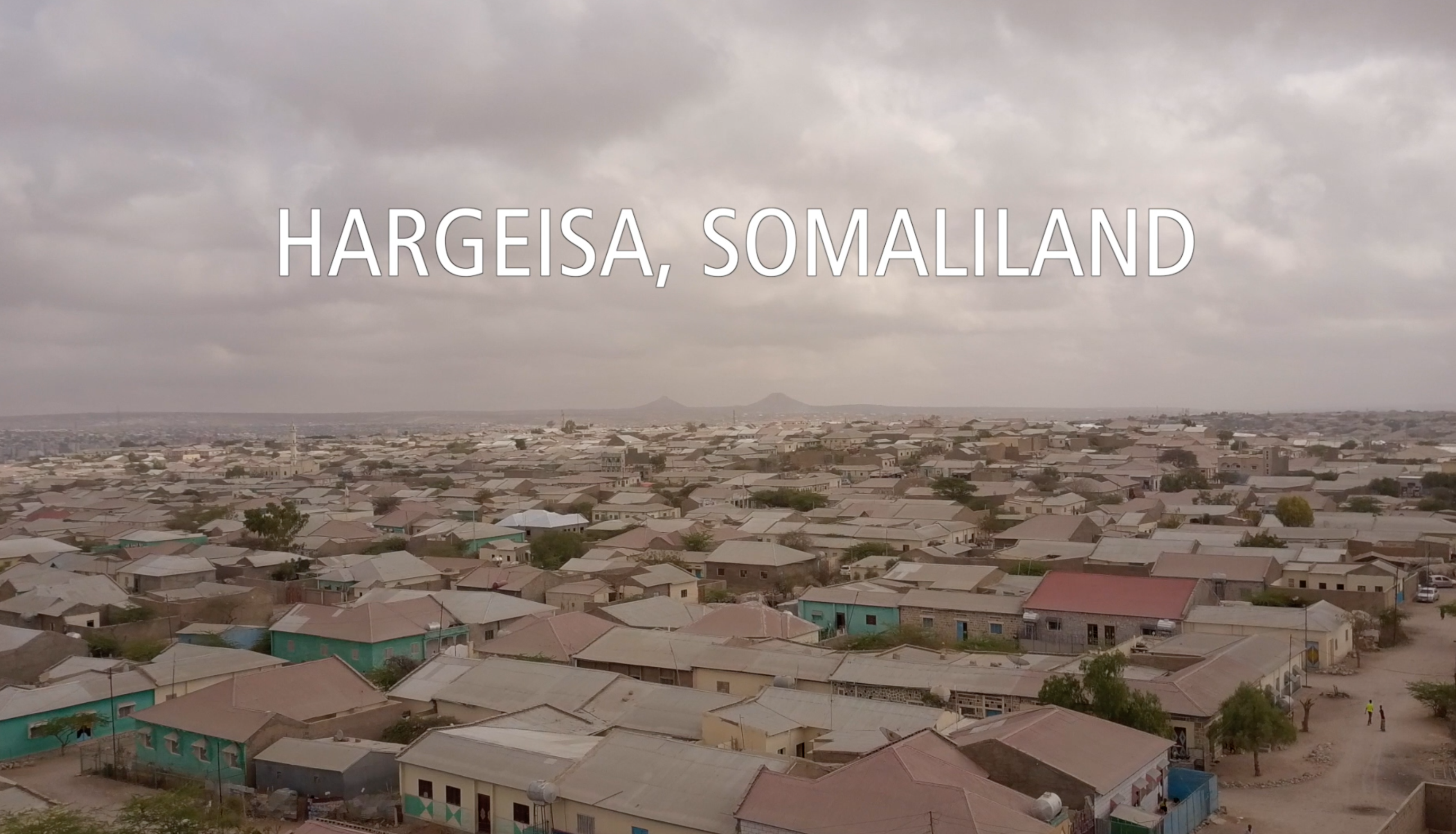
| 17 May 2018
Watch: Hope on the Horizon: FGM in Somaliland
Female genital mutilation (FGM) is a procedure that involves altering or injuring female genitalia for non-medical reasons. It is estimated that almost 200 million women and girls worldwide have undergone some form of FGM. FGM has been recorded in 30 countries with Somaliland having one of the highest prevalence rates in the world at 98% for women and girls aged between 15 - 49 years old. Hope on the horizon documents the hard work IPPF member association SOFHA (Somaliland Family Health Association) is doing within the local community to help change minds and eventually bring an end to female genital mutilation (FGM). Slowly, but surely, attitudes are changing.
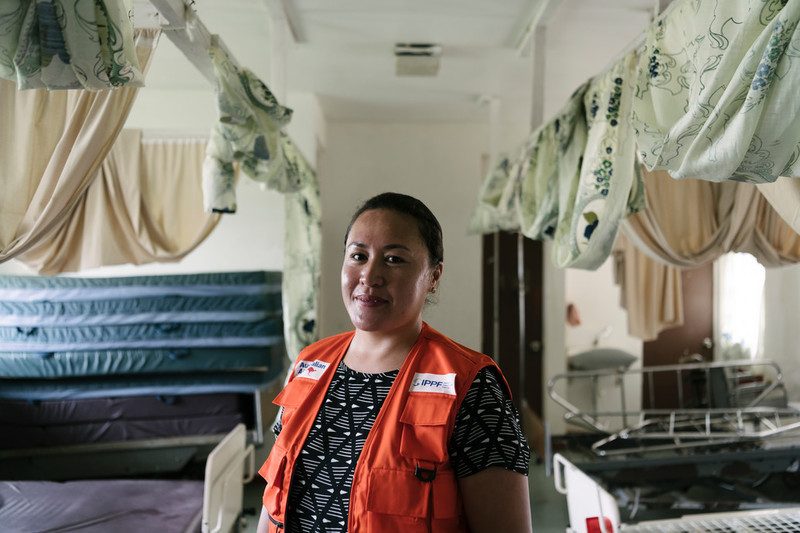
| 24 April 2018
Humanitarian disaster in Tonga brings opportunity through access to healthcare
Following the devastation wrecked by Tropical Cyclone Gita on the island of Kingdon of Tonga, the Tonga Family Health Association deployed an emergency response team. The team was able to bring vital sexual and reproductive health care to local communities. By taking services to the people, the team has been able to expand the types of care that many women would not readily access including pap smears and the opportunity to raise awareness around gender-based violence. Combining service delivery, as well as information, is part of our tailored approach to humanitarian crises; ensuring we meet need, wherever it is, whoever requires it, for as long as they want it. Photography © IPPF/Alana Holmberg
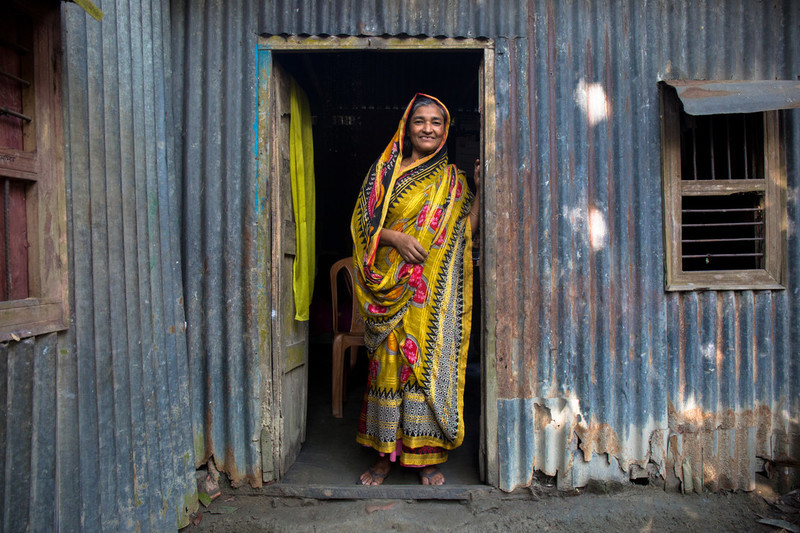
| 08 February 2018
Small scale innovation in Bangladesh during times of crisis: ensuring reproductive care to local communities
In times of humanitarian crises and disasters, the inability to access health care during floods can have serious repercussions on the local community. As part of their Innovation Programme project, our South Asia office in collaboration with the University of Leicester and the Government of Bangladesh provides reproductive health kits to health centres located in areas most prone to seasonal flooding. Known as 'Kit 8' it contains three months’ worth of medicine and equipment for the management of miscarriage and complications of abortion and menstrual regulation in emergency situations, essential to minimize associated morbidity and mortality. Medical staff are trained to administer procedures and provide post-procedure care. While abortion is considered illegal in Bangladesh, menstrual regulation, which has been a part of the country’s family planning program since 1979, is allowed up to 10–12 weeks after a woman’s last menstrual period. Photography © IPPF/Victoria Milko















